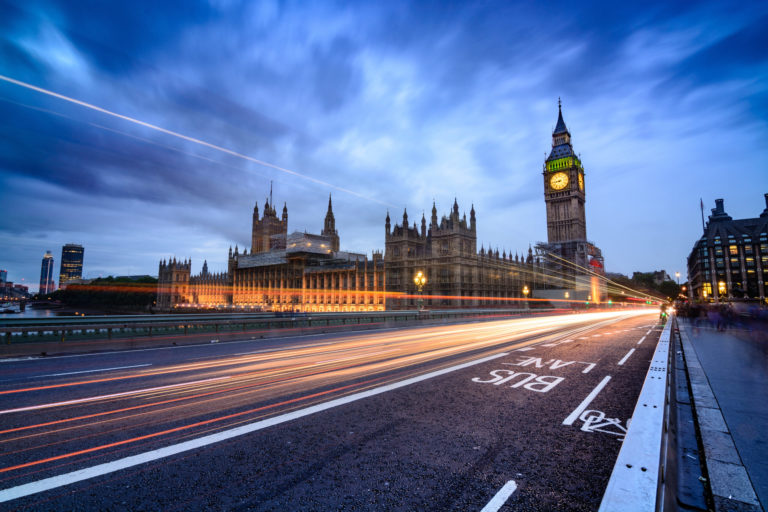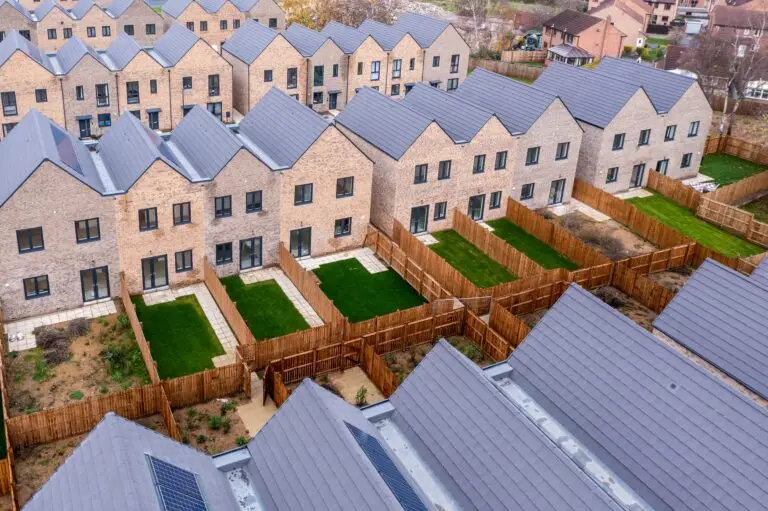Boris Johnson’s premiership has been defined by his promise to ‘level up’ left-behind parts of the UK through a programme of infrastructure development, investment in education, skills and R&D, to balance the social and economic inequalities that have characterised the north/south divide for decades.
Another great ambition of the Prime Minister, has been the quest to net zero, environmental sustainability and the wider green agenda, as outlined in his Ten Point Plan for a ‘Green Industrial Revolution’, as his Government prepares to host COP26 in November. It is intended to be a policy working alongside and promoting the levelling up agenda, investing in green jobs and transforming the economic and environmental landscape for generations to come.
It does beg the question though – are these ambitions compatible? Can you effectively and swiftly level up the UK – which by some measures is the most geographically unequal developed economy in the world – whilst maintaining a green approach? In January, Alok Sharma became the full-time head of COP26, in a move that shows how much importance the PM gives to the conference. This move is an attempt to ‘rebrand’ Brexit Britain in the wake of Biden’s incoming liberal administration and showcase that the green agenda is a tool of soft diplomacy that is very much at the heart of Johnson’s Government.
However, the fact that the Whitehaven coal mine in West Cumbria, initially given the go-ahead by Cumbria County Council, and unchallenged by government suggests the green agenda may be a secondary priority. COP26 President Alok Sharma was said to be ‘apoplectic’ with Communities Secretary, Robert Jenrick for not blocking the proposal, and supposedly hinted at the embarrassment he felt given the enhanced focus on the UK’s green policies in light of the COP26 Presidency and the hypocrisy of this move. This has been a divisive issue within the Cabinet and in Government, with Kwasi Kwarteng telling the BEIS Select Committee that there had been a debate in Cabinet about whether to challenge the new deep coal mine project.
There are undoubtedly other ways to level up the country that could be, in the short-term at least, more effective. With the vast and insurmountable £400bn deficit carved out by the COVID-19 pandemic, the Conservatives may be forced to go against their economic philosophies and commit to raising taxes on unsustainable energies in order to maintain and deliver their green promises. Through newly available funding, one of the advantages of investment in green technologies is that this is well suited to happen in exactly the sort of coastal towns and post-industrial areas that the government wants to level up. However, finding the correct funding source versus balancing the deficit will remain a contentious issue between the Prime Minister and Chancellor. Onward’s new research on Levelling up the Tax System has signalled that the Government must use the tax system to spread opportunity and growth in these areas to balance inequalities quickly and swiftly, complimenting new infrastructure investments.
Red wall Conservative MPs remain concerned that despite investing in green initiatives to level up their constituencies, far away targets that only come to fruition in 2030 will not be enough to keep their new support base onside in 2024. According to one MP, “what people want is to keep their jobs now”.
However, the importance the Conservatives place on sustainability and the green agenda has remained strong. The departure of Dominic Cummings has changed the dynamic in Number 10 on environmental issues, especially with increased influence of Johnson’s partner, Carrie Symonds, a staunch environmentalist, and Senior Adviser for the environmental conservation organisation, Oceana. Green policies are at the front of the queue in Number 10 and the PM has pressured the Chancellor, Rishi Sunak to ensure enough funding is available to realise his ambitions.
It is evident that the Conservatives take both agendas very seriously, albeit the disruption of COVID-19 may throw some plans off course. Levelling up the country in a sustainable and green way is certainly a compatible policy given the post-industrial and coastal constituencies it will benefit, but the threat remains that the Conservatives must do enough in the next 3 years to deliver tangible change on the ground and maintain the support of their new Red Wall voters to win again in 2024. Doing this is where the policies will have to be fully developed alongside one another. With green targets set so far in the future, such as being climate-neutral by 2050, Johnson and his Government must at the same time level up and commit to enough growth across the North and Midlands as quickly as possible.
It may be that they divert their attention to more quick fixes for now such as the unchallenged Cumbrian coal mine and a new gas-fired power station in Yorkshire to secure jobs, investment in the local economy, balance out economic inequalities and keep Red Wall voters content. We can expect this issue to remain a key tension point within the Johnson administration for the years ahead.




